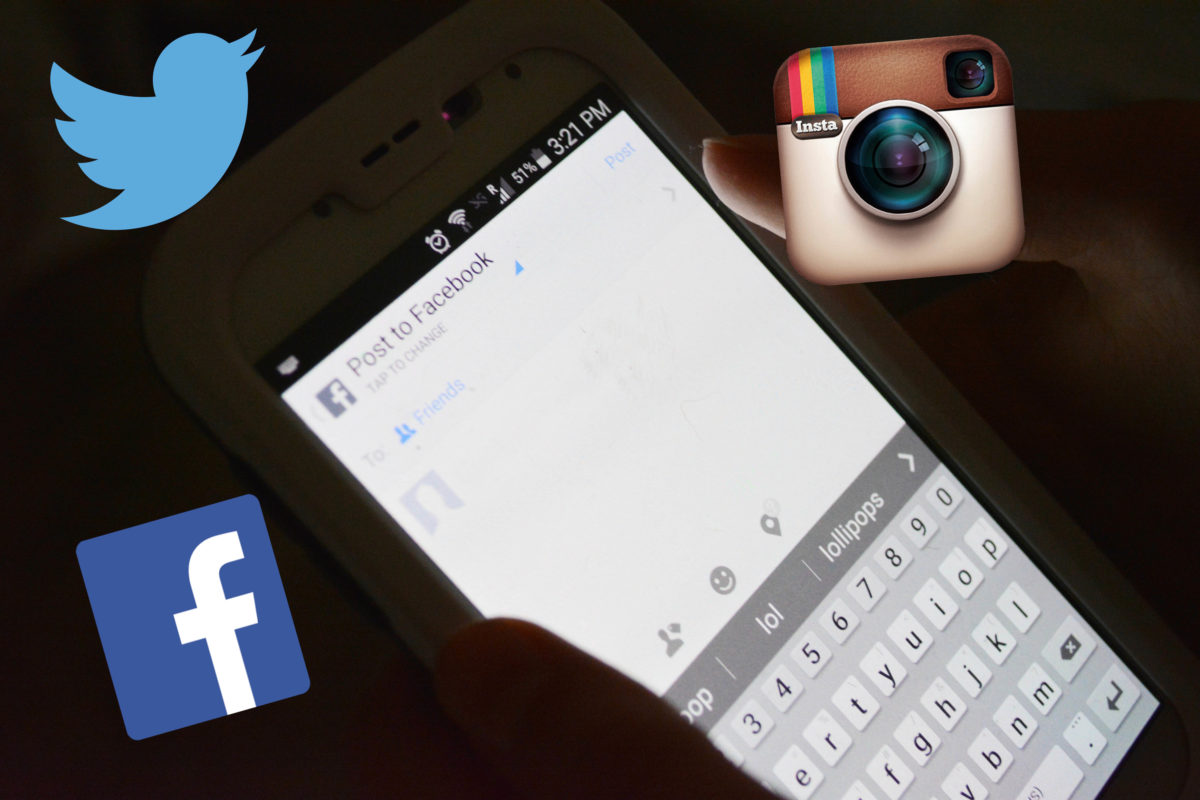So I’m kind of a big deal I have over 300 “likes,” on my grad photos on Facebook. It felt great. I’m not only good looking, but I’m popular. But besides the likes and the encouragement, what purpose do my online friends serve? I have more than 1,500 friends on Facebook, but can anyone of them serve as a virtuous friend in this cesspool of narcissism and self-righteousness?
In Aristotle’s Nicomachean Ethics, the Greek philosopher explores three types of friendships: pleasure, utility and the virtuous friend. The pleasure friend, which is most friendships, generally just likes doing fun stuff with you. This type of friend would be the most likely to be caught with you hammered in the back seat singing Spice Girls.
The utility friend is a friendship based on benefiting both parties but he or she is really only there for the benefits. This friend is most likely a wingman. You both take turns introducing each other to people. Maybe networking, but it goes no deeper than that.
The virtuous friend is someone who cares about your growth as a person. They’d be the sober friend that drives you, and then chastises you for spending your grocery money on something as trivial as a night out with your friends. Aristotle argues this person cares about your life and what’s important to you. This type of friendship is needed to achieve happiness.
Can this type of friendship exist in the age of Social Media?

To find these answers I spoke to Andrew Moore, director of the Great Books program. I told him about an old friend of mine Channing Williams. He’s a childhood friend; we’ve been friends for at least 15 years. He’s someone who always encourages me to pursue my dreams and reminds me to call my Nanny. Other friends do that, but he’s one of my oldest friends and we communicate mainly through Facebook. So I asked Moore if a virtuous friend could exist on social media. As with most philosophers, the answer was wrapped in a pathway of thought.
“Yes is the simple answer, but Aristotle would remind us that a virtuous friend is rare,” said Moore.
We talked about the alignment of friends through the platforms. LinkedIn would align itself with utility friends, and Tinder would align with pleasure friends. Facebook and Twitter are a mix of both. The ever-elusive virtuous friend could be somewhere. Whether or not social media helps or hinders it, because it has always been hard to find. I asked him about “likes,” seeming to be about encouragement.
“I think it’s striking that the popularity of Facebook is actually about something deeply human,” said Moore, “in so much as it is our desire for recognition.”
I talked about posting on Facebook about landing an internship last summer and how the number of “likes,” and comments encouraged me to work hard at the place. Moore feels as human beings we’ve always had a need for recognition. We certainly enjoy congratulations and being told good job, but Moore warned Aristotle would still say it has to be in the “mean.”
“Aristotle would say lots of things are good but you have to keep Facebook in the right place,” said Moore. “You need to understand how important a like is.”
He was talking about obsessing about the amount of likes or shares for a particular post or article. Aristotle would warn that social media shouldn’t consume us. If you have to make a post then it shouldn’t consume you that it didn’t get a certain amount of likes. And the virtuous friend would share things we needed to hear.
“We rank the opinion of our best friend more than a strangers.”
Certainly, we already do this, but I’ll admit when a certain joke I post or profile picture doesn’t seem to go over well online it kind of plays to my self-esteem. The very thing Aristotle warned against. But I have friends whose opinions on post certainly outweigh the 100 “likes,” from complete strangers. Aristotle would say finding the proper balance with anything you do in life is the way to happiness, so in a way social media and our relationship with it affirms his idea.
“I think the more we see it [social media],” said Moore. “The more it seems to be replicating the conditions of the offline world online.”
